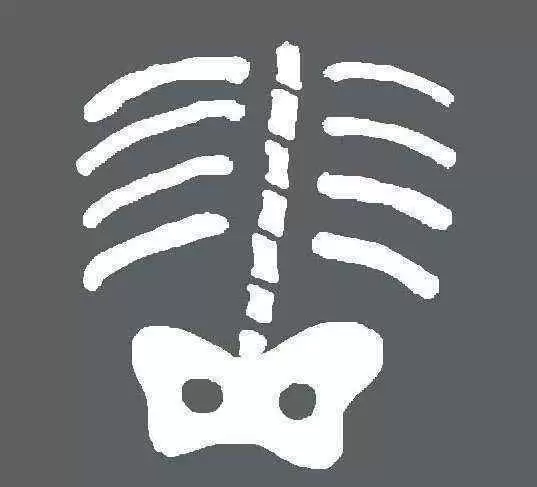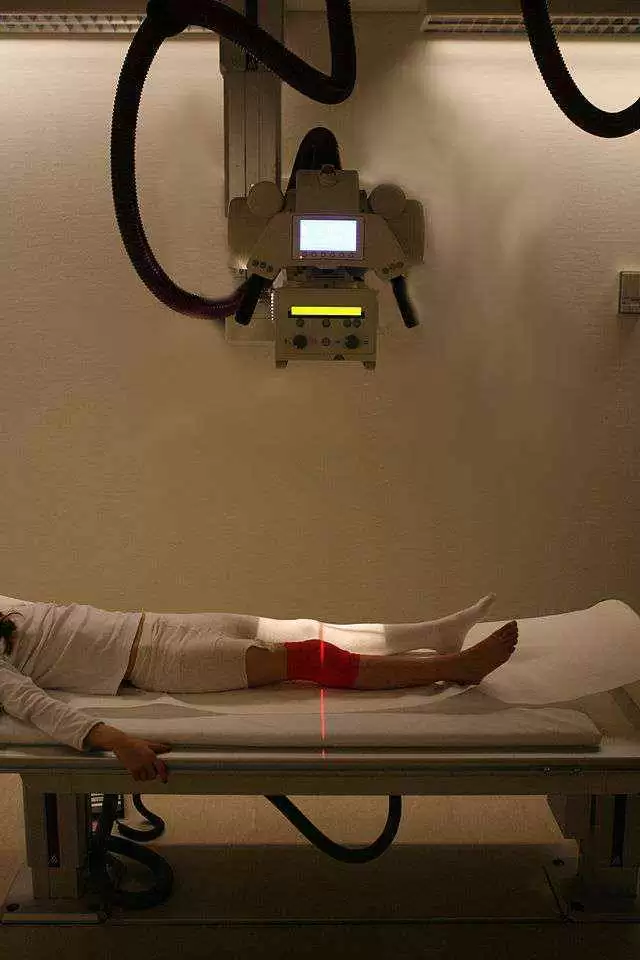
Celiac.com 06/30/2016 - Some doctors recommend that patients with newly diagnosed celiac disease get scanned for bone density. Several researchers recently set out to assess the bone density results in a cohort of patients with celiac disease.
The researchers were MJ Bollard, A Grey, and DS Rowbotham of the Bone and Joint Research Group, Department of Medicine, University of Auckland in Auckland, New Zealand.
Celiac.com Sponsor (A12):
For their study, they used the keyword "celiac" to search bone density reports, from two 5-year periods, in all patients from Auckland District Health Board from 2008 to 2012, and in patients under 65 years from Counties Manukau District Health Board from 2009 to 2013. In all, they found reports for 137 adults that listed celiac disease as an indication for bone densitometry. Average age was 47 years, body mass index (BMI) 25 kg/m2, and 77% of patients were female.
The average time between celiac disease diagnosis and bone densitometry was 261 days. The average bone density Z-score was slightly lower than expected (Z-score -0.3 to 0.4) at the lumbar spine, total hip and femoral neck, but 88-93% of Z-scores at each site lay within the normal range.
Low bone density strongly associated with BMI: the proportions with Z-score30 kg/m2 were 28%, 15%, 6% and 0% respectively.
This study shows that people with celiac disease show normal bone density. That means that bone density measurement is not needed in most celiac disease diagnosis, and should be considered on a case-by-case basis for individuals with strong risk factors for fracture.
Source:
- Open Original Shared Link





Recommended Comments
There are no comments to display.